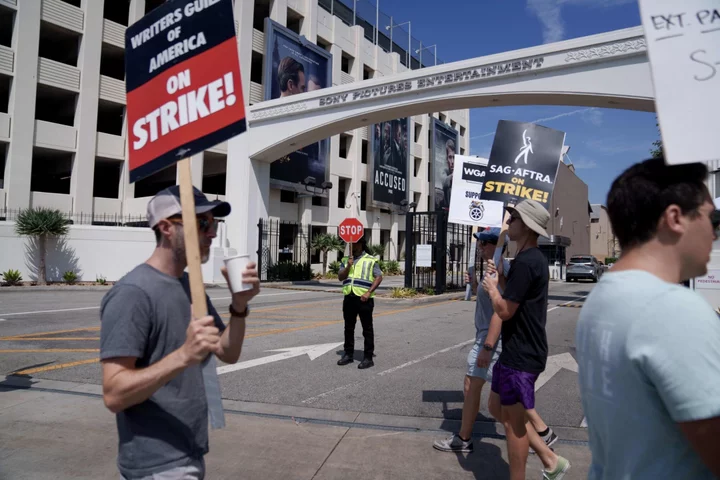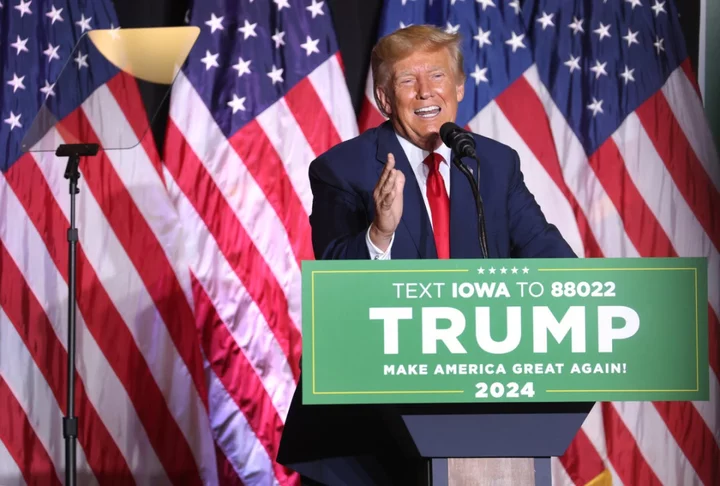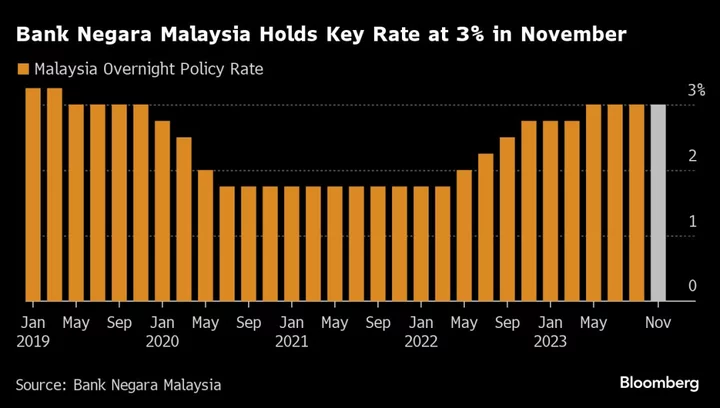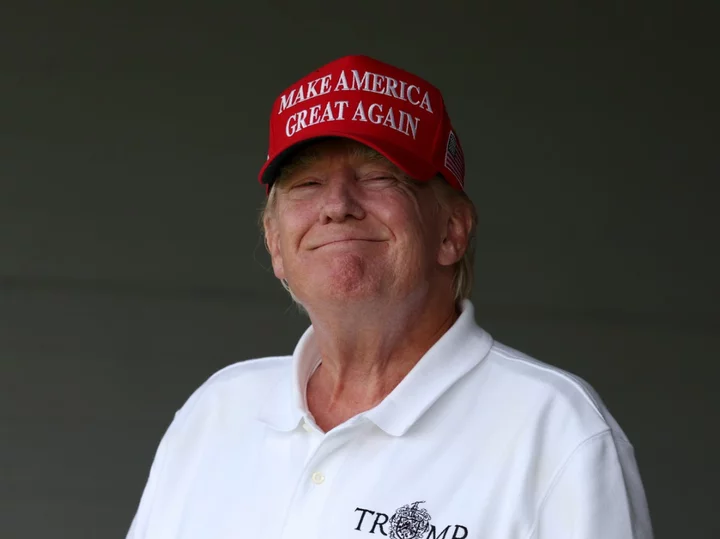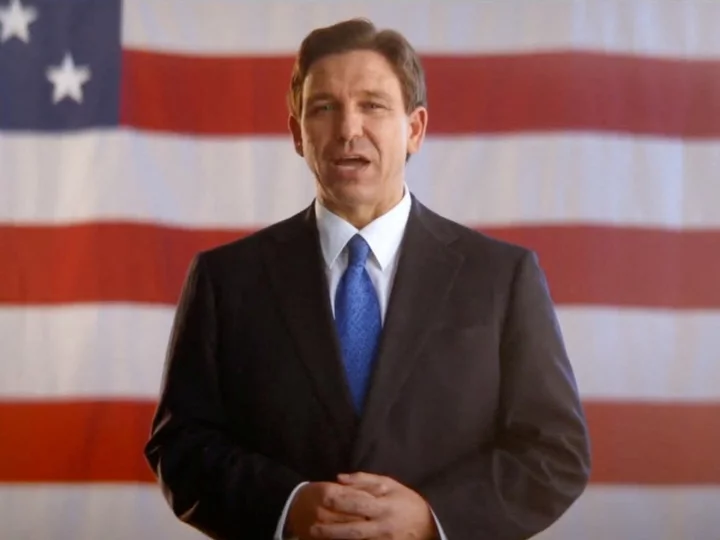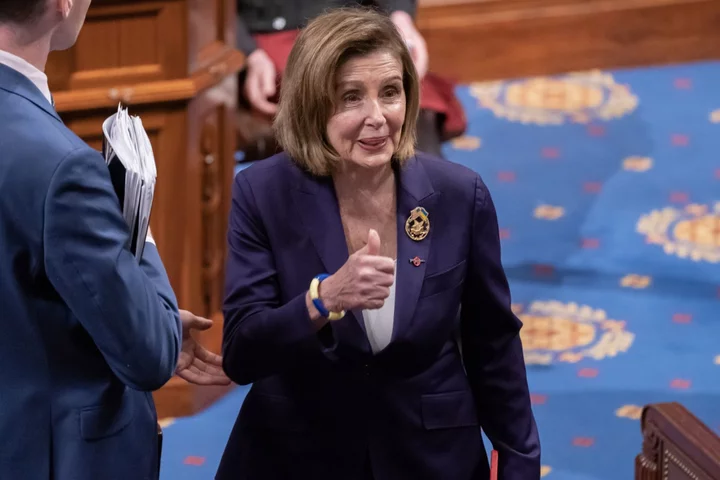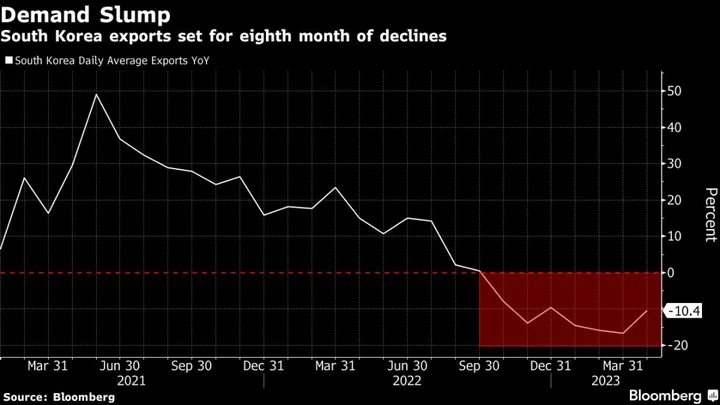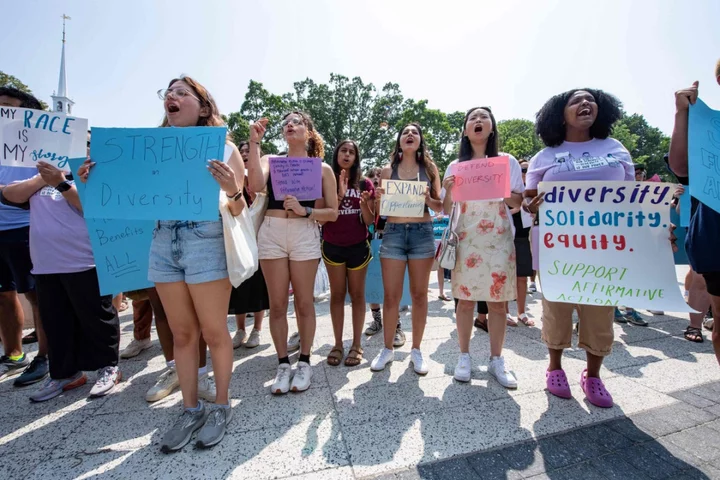Screenwriters and the group representing big Hollywood studios failed to resume talks about a new contract Friday after the Alliance of Motion Picture & Television Producers said it needed to consult with members.
The two groups met Friday for confidential discussions to lay the groundwork for official negotiations, which included requests from studio representatives for a press blackout among items, according to the Hollywood actors’ union. The guild later accused the other side of leaking details of the meeting.
The parties traded barbs earlier in the week, three months into a strike that has largely shut down film and TV production across the country. An untitled Ghostbusters sequel previously scheduled for December has been pushed back to March of next year, while Sony Pictures pulled the release date for Spider-Man: Beyond the Spider-Verse.
The Writers Guild of America negotiating committee told members Friday night that it “remains willing to engage with the companies and resume negotiations in good faith to make a fair deal for all writers.”
“As of now, there is no agreement on these items, because the AMPTP said they needed to consult with their member studios before moving forward,” the guild said.
Earlier this week, the group said that the studios requested the meeting to discuss restarting talks. In a message to its members Thursday afternoon, the guild accused the companies of orchestrating a disinformation campaign, suggesting the work stoppage was good for them financially.
The guild said that when the writers last struck, in 2007, talks resumed, only to fall apart again.
The producers’ alliance, which represents big media companies such as Walt Disney Co. and Netflix Inc., said last week that it was trying to determine whether the writers’ guild was a “willing bargaining partner,” calling the group’s rhetoric “unfortunate.”
The guild, which counts some 11,500 scribes as members, walked off the job on May 2. They have been calling for an 11% increase in their base pay, a share of revenue from streaming TV services and assurances they won’t be replaced by a new generation of artificial intelligence.
The 160,000-member Screen Actors Guild, making similar demands, went on strike last month. The twin labor actions, which haven’t occurred simultaneously in more than 40 years, have forced big media companies to rejigger their fall TV schedules and postpone new film releases. Actors aren’t allowed to promote their work while on strike.
--With assistance from Danny Lee.
(Updates in first, second paragraph after the conclusion of writers studio meeting.)

